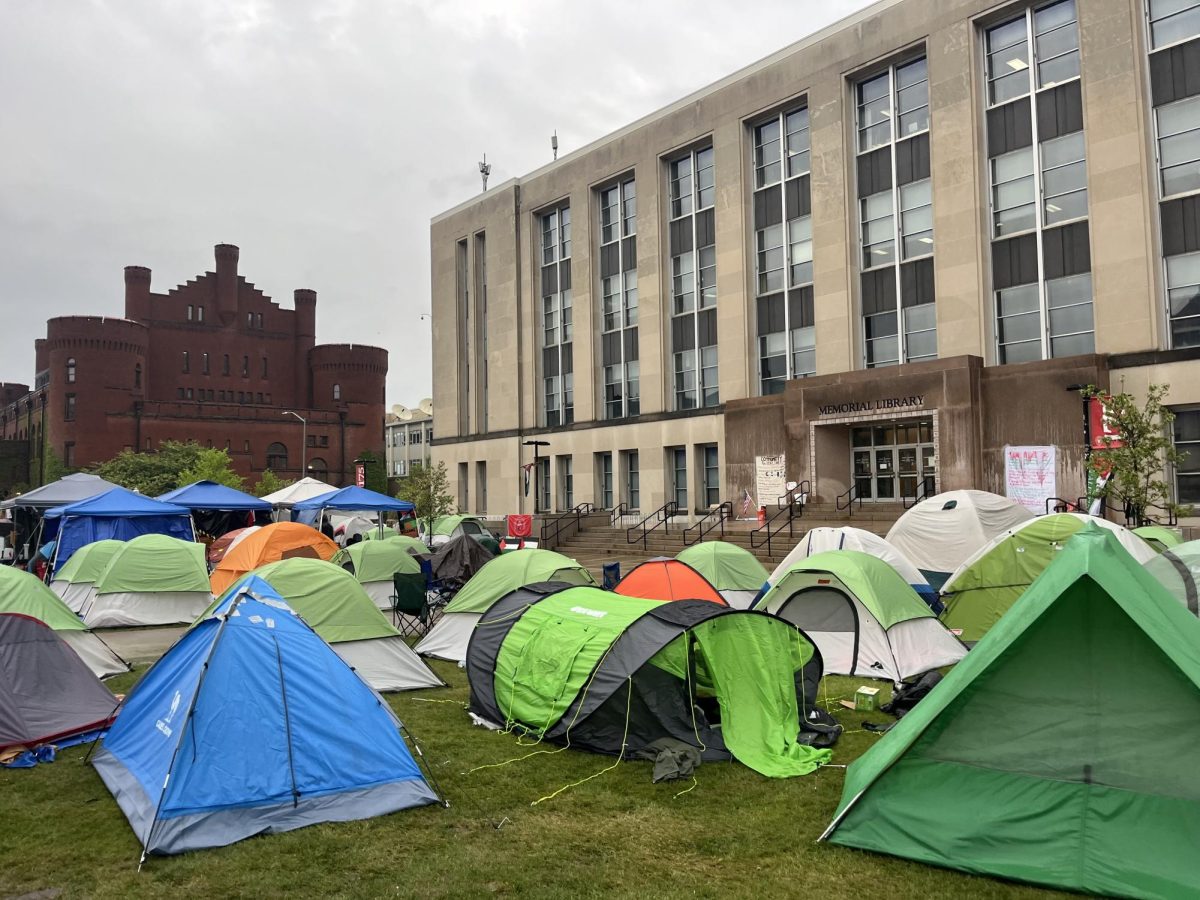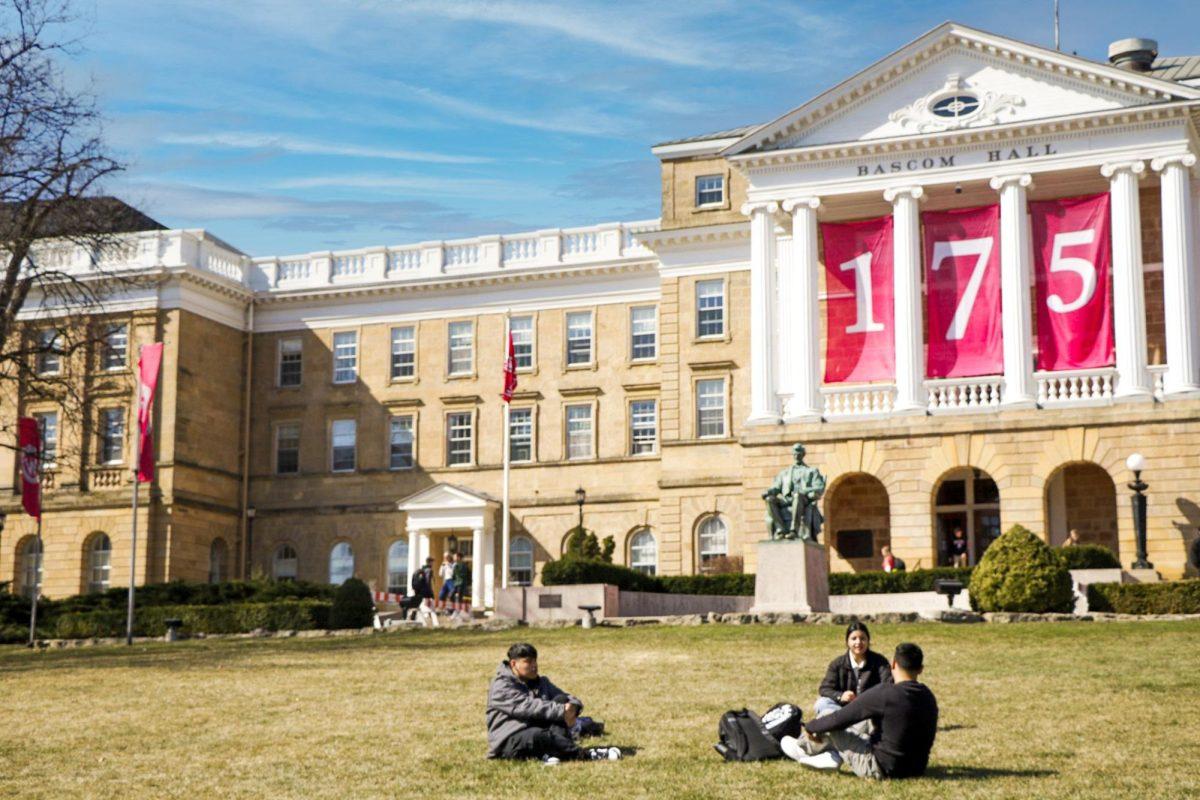University of Wisconsin has received a federal grant to partner with five Native American tribes in hopes of increasing the number of young Native Americans pursuing a career in the medical field.
The grant’s main goal is to improve the process by which pre-college Native American students can become professionals in the health care field, Tim Frandy, staff member for the Native American Center for Health Professions, said.
Having somebody from different demographic categories in any clinic is a good idea because it bolsters doctor-patient relationships and increases the level of trust, Casey Schmitt, UW expert on Native American representation, said.
“The Native American community, not just in Wisconsin but nationwide, has wrestled with various health issues that are specific to Native American populations, high rates of diabetes and obesity, for instance,” Schmitt said.
The request for this grant came from Indian Health Services and was founded by Melissa Greendeer and Erik Brodt, who put together an application to receive this grant in August, Frandy said. The Native American Center for Health Professions only received formal news recently of its acceptance, he said.
“Right now there are huge disparities in native communities and there aren’t a lot of native doctors in our region,” Frandy said. “Even as far as the U.S. goes, Wisconsin has one of the poorest performance pathways.”
The Native American Center for Health Professions is partnering with Pre-College Enrichment Opportunity Program for Learning Excellence (PEOPLE), which is an organization for underrepresented and minority students, Frandy said.
“There will be work done in native heavy and reservation communities,” Frandy said. “That’s one thing, getting people interested in college and understanding what they need to do to get enrolled at UW-Madison, as well as getting people comfortable with the financial aid component and what the financial side will look like.”
It’s important to serve all the people of the state and one big problem Wisconsin has right now in terms of health equity are in American Indian communities, Frandy said.
One of the best solutions to this problem is to get more Native Americans in leadership positions so they can work on these problems as cultural insiders, Frandy said.
“It makes a big difference to have a young native person who can look up to a doctor that is native and say, ‘That could be me,’” Frandy said. “At the university we need to represent all the interested people of the state. This is just one small part of that.”
The successfulness of this grant depends on how the money is allocated, Schmitt said.
The federal government can issue a grant but it comes down to how the grant money is used and who is in charge of distributing it, Schmitt said.
“I think it could really help if used in the right way, if it’s given to people who are not just familiar with the medical field but with the various communities here in Wisconsin who need access to that money,” Schmitt said. “If you give the money to someone who knows how to make those connections, I think it could really help.”















